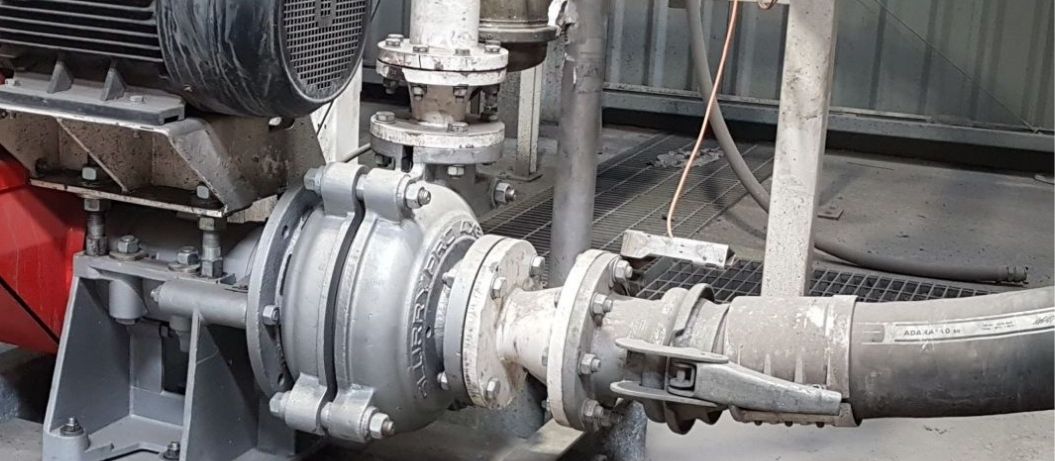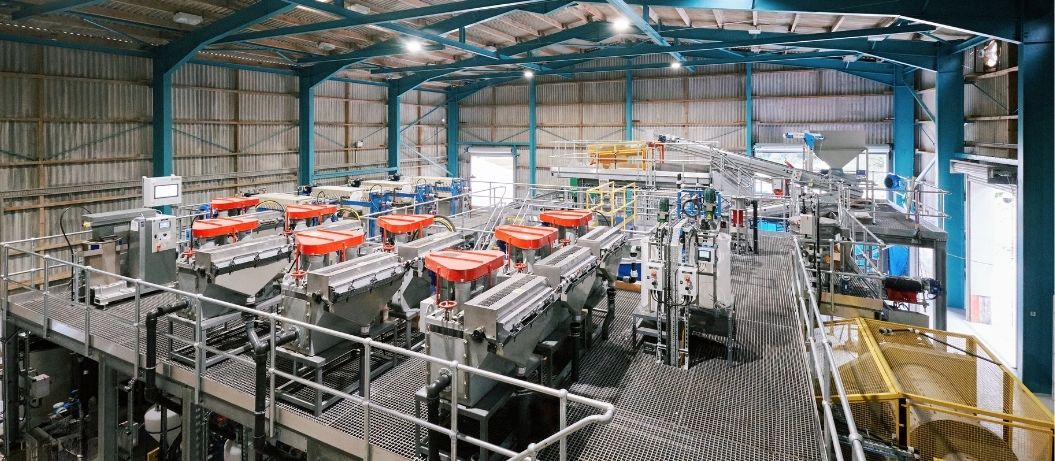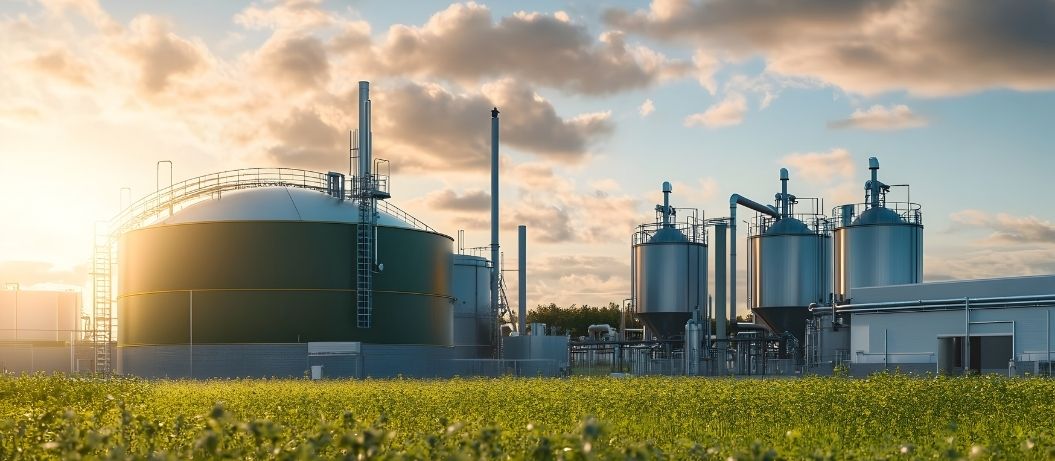Quarries need to be dewatered to allow for the safe and profitable extraction of minerals. Since 1991, quarries have not been required to carry a licence for dewatering, but changes to regulations now mean that, after December 2019, quarries are required to apply for an abstraction licence before dewatering.
Why The Change?
The 2003 Water Act removed exemptions which were specified in 1991’s Water Resources Act, among them an exemption for quarries. This change to the regulations has therefore been in the pipeline for at least 17 years, and it’s designed to ensure that water is used responsibly and safely across all industries and settings.
Do You Need A Licence? Groundwater Vs Rainwater
Whether you will need a licence to dewater a quarry depends, first, on whether the site water is mainly rainwater or groundwater. Sites which are mainly dewatering rainwater will still not need to apply for a licence, while those sites dewatering groundwater will. In cases where it is unclear whether the dewatering is of mostly groundwater or rainwater, a further assessment may be necessary in order to determine whether a licence is needed.
What Types Of Licences Exist?
There are currently three types of water abstraction licences available:
- Full licences are required in cases where more than 20m3 of water is being abstracted per day and the water is being reused afterwards.
- Transfer licences can be used where water is simply moved from one location to another without being used.
- Temporary licences can be applied for in scenarios where water abstraction will only occur over a set 28-day period.
In most cases, quarries will require a transfer licence.
What Should Quarry Operators Do Now?
Quarry operators must be aware of these changes to the regulations and act accordingly to ensure that their sites are operating legally both now and in the future. This means applying for the relevant licence and working to ensure that sufficient monitoring of dewatering flows and volumes is undertaken where necessary and water is discharged safely too.
Quarry operators should also work together with pump suppliers to ensure that not only are dewatering regulations met but that dewatering as a process is conducted in a sustainable way. Atlantic Pumps offers a range of options, from electric dewatering pumps – which cost less to run provided on-grid power is accessible – to diesel pumps, which are usually required for mobile pumping.
Atlantic Pumps offers a sustainable solution to dewatering. We have worked hard to become one of the most eco-friendly pump suppliers in the business, aiming to reduce the energy costs of each site we work with by 20%. We can work with you to select the best dewatering pump for your site as well as using tools like the EnviroHub to monitor water volume, pH levels, and turbidity in the water you discharge. Contact us for more advice and information about how we can help you with your dewatering project.
Image source: Pixabay
We also take a sustainable approach to our work and are committed to reducing energy waste from pumps. Our expert knowledge allows us to reduce energy usage by 20% on the average site!
Call us today on 0808 196 5108 for more information.
 January 21 2021
January 21 2021 3 Minutes min read
3 Minutes min read


